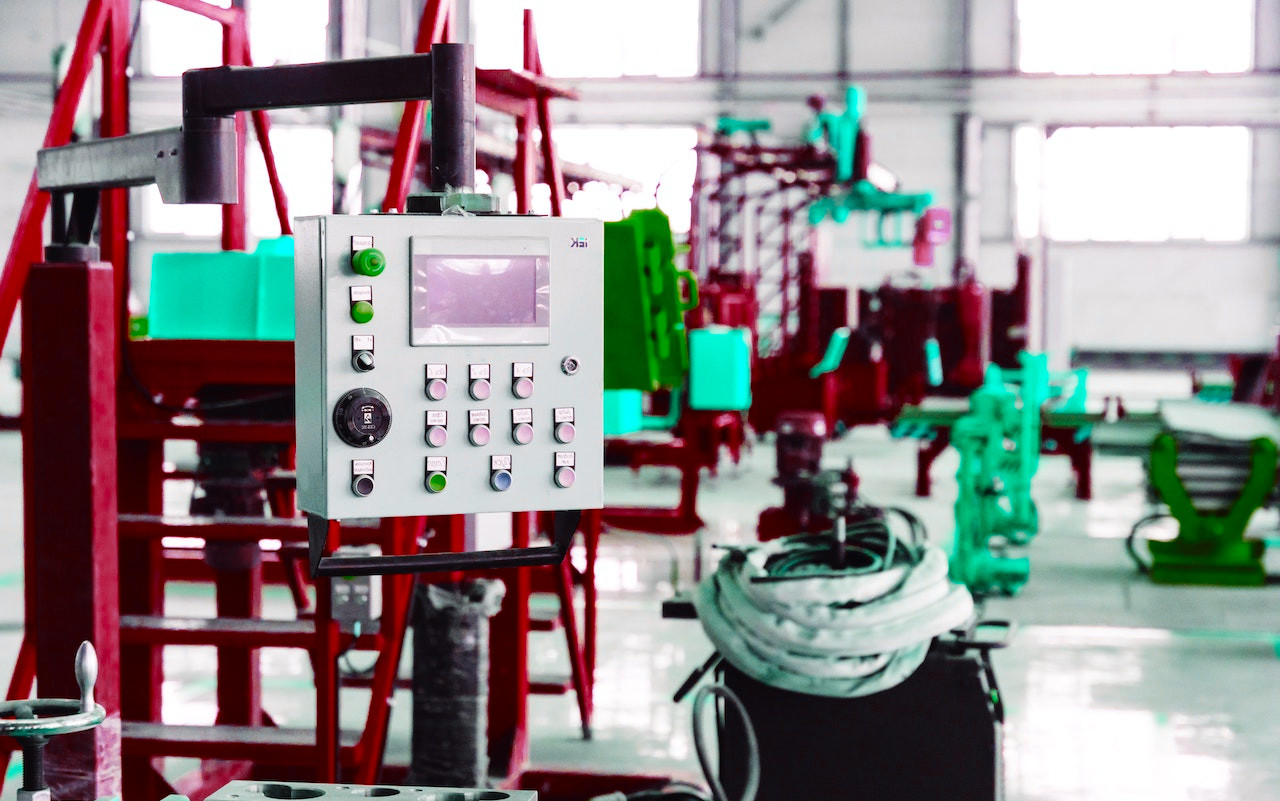Robotization of production processes is revolutionary for many industries. It is exciting to think about what robotization enables; simpler and safer processes with drastically reduced risks for human lives. There are already numerous industries making use of robotization, from agricultural production to food and healthcare, robotization is already saving countless lives. As the technology progresses, robotization has the potential to revolutionize manufacturing on a global scale, allowing us to produce products more efficiently while at the same time reducing hazardous working conditions and improving safety overall. The future of robotized production is bright and opens up a world of possibilities for how we can protect one another and save human lives!
Why we should not oppose the increase in robotic tasks
We should not oppose the increase in robotic tasks, as it brings with it a multitude of benefits. Technology is fuelling innovation and improving lives, allowing us to work smarter not harder. Robotic tasks not only free up valuable time for us to focus our energy on something more meaningful, but they also help reduce operational costs by allowing businesses to operate more efficiently. Furthermore, these robotic systems often have capabilities that surpass that of a human worker – resulting in faster production times and higher precision levels. There’s no doubt that robots are here to stay so why not welcome them enthusiastically?
Why robots will never replace or displace humans in manufacturing processes
Robots have revolutionized the manufacturing industry and the introduction of robots into our processes was a significant step. However, despite the highly efficient robots we have at our disposal, humans in manufacturing processes will never be replaced or displaced. Human workers remain integral to ongoing operations with robots due to their natural creativity and problem-solving abilities, which robots don’t possess. In spite of robots being able to carry out precise tasks faster than human beings ever could, human employees are still required for tasks that robots simply cannot do: quality checking products, training robots what to do and repairing robots when they fail. To stay competitive in this ever-changing world of technology, businesses must make sure they keep up with industry trends while enabling them to retain their human workforce — and that’s something robots can never replace!
When robotization is disadvantageous and detrimental to the production process
Robotization may seem like a great idea to optimize production time and resources, but it can often be disadvantageous and detrimental to the whole process. Despite advancements in robot technology, many processes still require an element of human input that robots cannot replicate. Tasks such as interpreting customer needs, dealing with issues on a case-by-case basis and developing new ideas may be better suited for humans rather than machines. In some cases robotized assembly lines or manufacturing processes can even become stuck when faced with something unexpected or new – something experienced workers are sure to quickly recognize and resolve. While robotization certainly has its advantages, it is important to consider how well it fits into the production process before relying too heavily on its assistance.
Robots in everyday human life
Robots can make such a huge difference in everyday human life! From robots that help people with their work to robots that entertain us, robots are becoming more and more prominent. They help ease daily tasks, increase safety, and provide companionship. Human-computer interaction has become an important part of many industries, and robots can fill roles ranging from warehouse workers to autonomous cars. The possibilities are endless with robots being involved in human life, giving us more options while helping us accomplish our goals faster and smarter. Exciting times lie ahead as robots continue making an impact on our lives!
Why is it not worth thinking that robots are something very complicated
Today, robots come in all shapes and sizes. From robots that drive cars to robots that fold laundry, robots appear more and more in everyday life. Some might think robots are too complicated for everyday usage, but the truth is robots can actually make our lives easier! For example, everyone has a washing machine at home – and it’s also a kind of robot! That means we have been using robots for awhile now without even noticing it. It’s not worth thinking robots are something too difficult or intimidating because this idea does not reflect the existing technology: with the right understanding of robots, anyone can take advantage of their simplicity and convenience!

No Responses